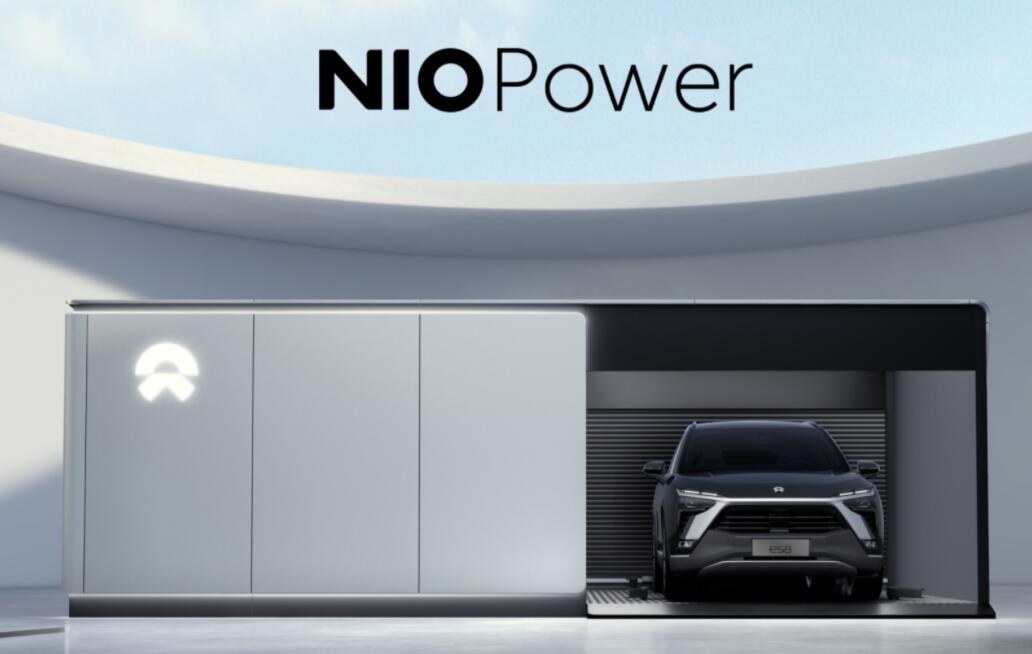
Nio's unique business model is poised for continued growth in the face of Tesla's expansion in China, said Li Haode, a leading financial opinion leader.
Nio's vehicles support battery swap, a model that is explicitly allowed by national policy to continue to be subsidized, which will help Nio build market share before the subsidy policy runs out, Li said.
Nio's battery leasing service (BaaS) model has enabled it to adopt a competitive pricing strategy that lowers the purchase price of vehicles, Li noted.
Li said he has also added to his position in Nio's stock during the recent upward trend and expects Nio's market competitiveness to be further highlighted in the third-quarter results.
Below is the full translated text of his article.
New energy vehicles have always been the focus of the market, and Nio's surge after announcing the NOP Pilot Assist feature at the Beijing Auto Show has made the market even more enthusiastic.
In fact, Nio's stock has performed well this year, even in the face of competition from Tesla and other domestic EV makers.
Nio's unique business model is expected to continue to grow and respond to Tesla's expansion in China.
Tesla's biggest advantage is that it has its own production plant in China, and the lowest price for a Chinese-made Model 3 is RMB 249,900, nearly RMB 40,000 cheaper than Nio's ES6, which is more competitive and has led to record sales of the Chinese-made Model 3.
However, Nio's unique business model gives it a very different advantage: Nio is developing electric vehicles that support battery swap, and the national policy clearly states that vehicles in battery swap mode can continue to receive subsidies, which will help Nio build market share before the subsidy policy runs out.
At the same time, the battery leasing service (BaaS) model of separating vehicle and power enables it to adopt a competitive pricing strategy that lowers the purchase price of the vehicle.
This lowers the cost to the buyer and provides the flexibility to upgrade batteries for customers, which could become Nio's core competency once the power separation business becomes mainstream.
At the Beijing Auto Show, Nio announced that Nio OS version 2.7.0 has been upgraded to officially launch the Nio NOP Pilot Assist function, the second system after Tesla that allows automakers to follow the navigation to achieve automatic driving assistance.
According to Nio, the system understands China's road and traffic conditions better than Tesla and gives the vehicle as much authority as possible to assist driving, adjust speed, and identify other vehicles according to the navigation distance.
Compared with Tesla's system, NOP Pilot Assist has a more user-friendly and diversified interface and smoother speed control, which is suitable for use on expressways and urban expressways.
Sales figures for the third quarter show that NOP sales remain strong, with more than 12,000 vehicles sold in the third quarter.
Tesla now leads in deliveries and scale of development, and as Nio expands its delivery scale, the benefits of the power-exchange model and Pilot Assist could give Nio an edge over Tesla in China.
I have also added slightly to Nio's recent rally and expect Nio's market competitiveness to be further highlighted in the third quarter.